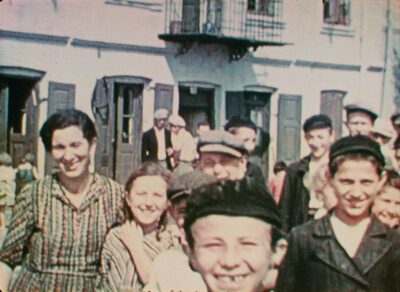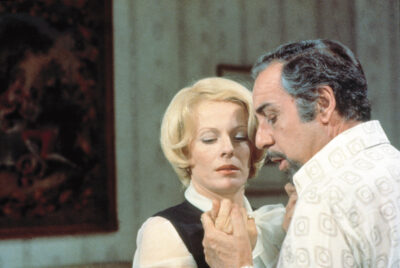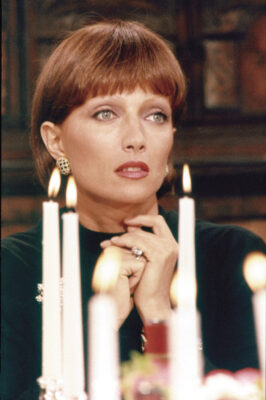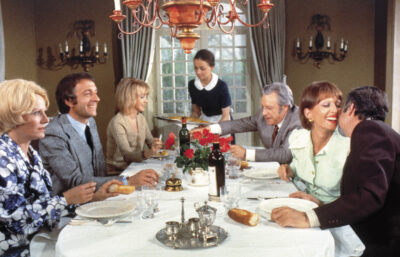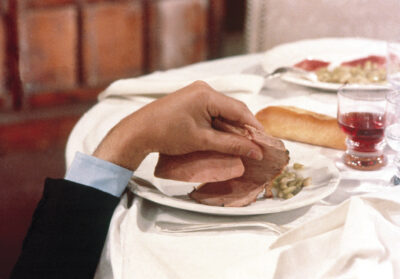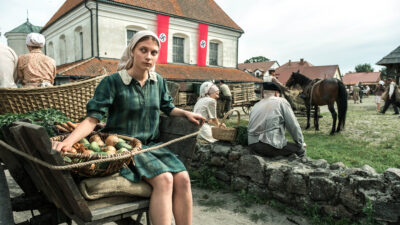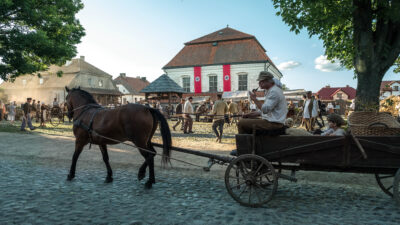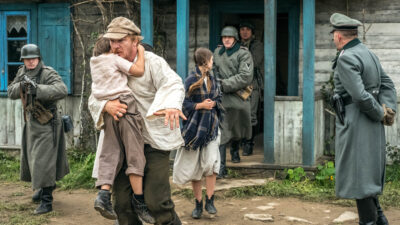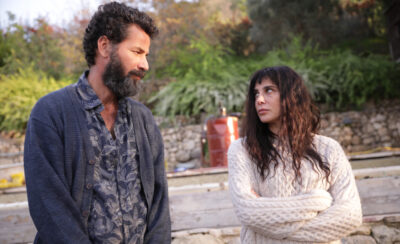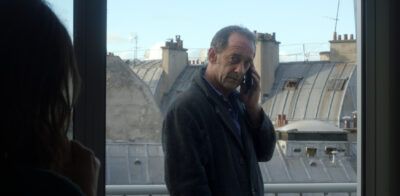Catch RRR starting August 26 at the Monica Film Center and Town Center and a week or two after that at the Claremont and Newhall. All are venues where we have not previously screened the film.

“Cristina Cacioppo programmed RRR at the Nitehawk Prospect Park in Brooklyn, where it drew enthusiastic moviegoers in the 20-to-30 age range, most from outside the Indian diaspora. “There was an overall wave of joy throughout,” Cacioppo said by email, adding later. “You could feel the room smiling, the jaws dropping.”

“The longest feature on my list runs more than three hours and earns every supercharged minute. Already the second-highest-grossing Indian film of all time in America (it’s grossed more than $140 million worldwide), S.S. Rajamouli’s Telugu-language sensation is a hellaciously entertaining mash-up of history and legend, politics and romance, hyperviolent action and song-and-dance musical, venomous snakes and throat-mauling tigers. As the two mighty warriors whose tender bromance becomes a truly infernal affair, N.T. Rama Rao Jr. and Ram Charan are forces of nature.”
(Side note: even though Justin included the film in his Top 10, the film still hasn’t actually had a full review in the Times. Yet another example of good films not getting reviewed by the tragically thin Times film section.)

Finally, Variety just published a story headlined “How India’s Action Epic RRR Could Bring the Country’s First Oscar Nom in 21 Years.”
“A movie with the action sensibilities of James Cameron and the ambitious scope of George Miller has to be considered a definitive Oscar contender, right? Not without the proper backing by a studio or, in this case, a country that will submit your film for the Academy’s best international feature award.
“Enter RRR, a film directed by S. S. Rajamouli, who wrote the script with V. Vijayendra Prasad. The three-hour action epic follows two patriotic but philosophically opposed men (Ram Charan and N.T. Rama Rao Jr.), who team up to rescue a girl from British colonial officials in 1920s Delhi.
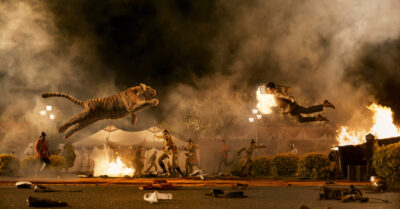
“When the 94th Oscar nominations were announced back in January 2022, India’s official submission “Pebbles” was not among the films recognized for international feature. It marked exactly 20 years since India’s last nom in the category.
“In fact, only three Indian films in total —Mother India (1957), Salaam Bombay! (1988) and Lagaan (2001) — have been nominated for the award. The last of which lost to No Man’s Land from Bosnia and Herzegovina.
“The skyrocketing success of RRR has been the undercover Cinderella story of the year. A global smash with huge box office receipts, the film found a pathway to the American cultural zeitgeist with consumers discovering it on Netflix. It was distributed theatrically by Variance Films in the U.S., and a current trend by the Academy to embrace non-English language features in the last few years offers an alternative pathway to awards recognition if India decides to look elsewhere. But why would they?”
Read the rest of the piece here.

